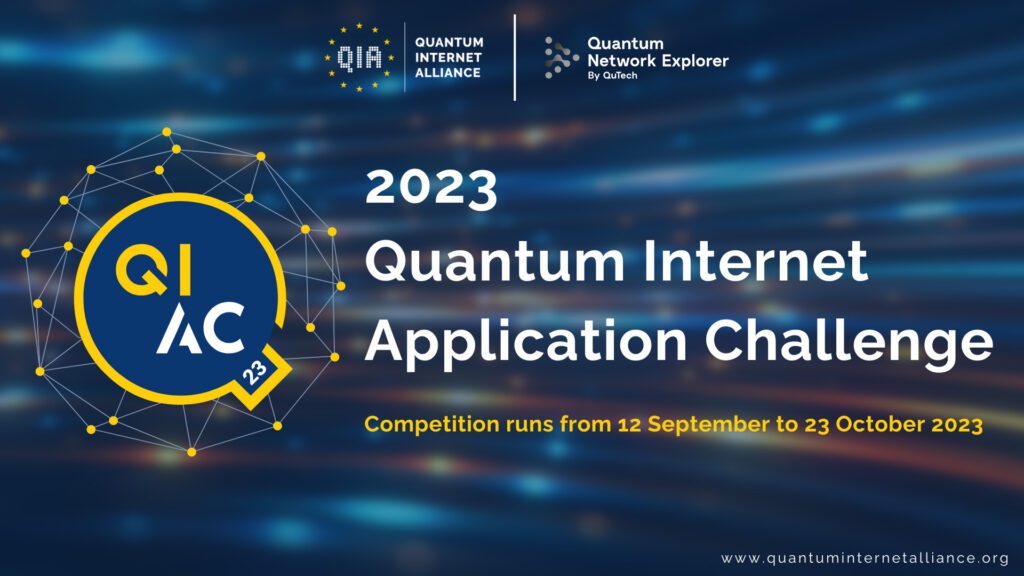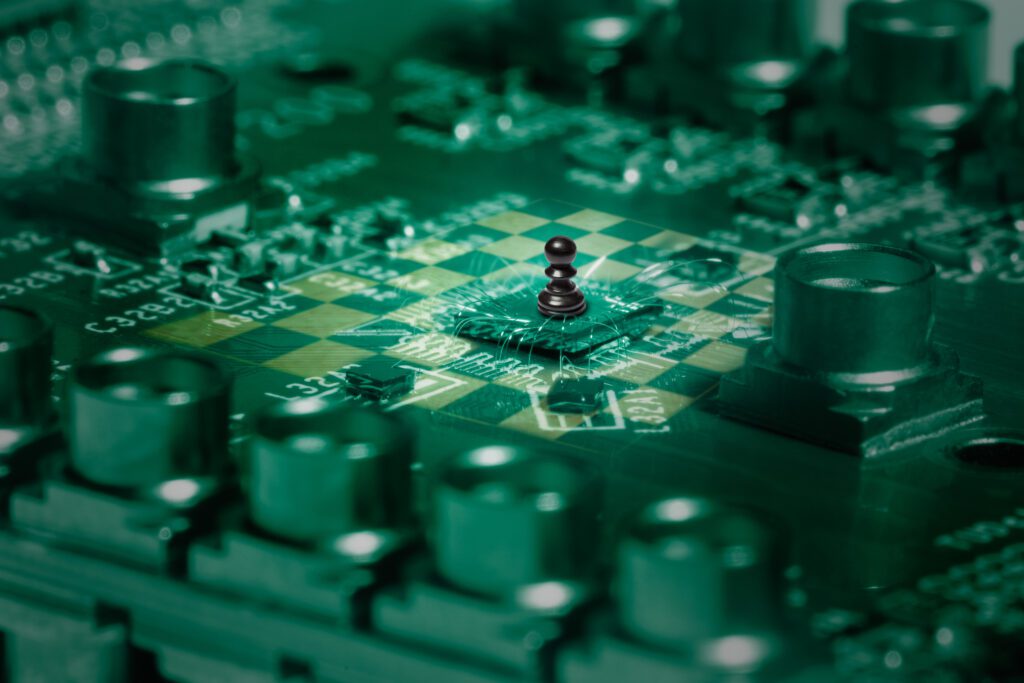14.09.2023Quantum Internet
Quantum Internet Alliance launches Quantum Internet Application Challenge

The Quantum Internet Alliance (QIA) has announced the launch of its first ever Quantum Internet Application Challenge, an initiative encouraging quantum enthusiasts to take part in shaping the future of the quantum internet.
“The role of the community—from students and enthusiasts to scientists and industry leaders—in our mission of building a global quantum internet is pivotal. And the Quantum Internet Application Challenge is a platform for us to welcome innovative ideas from the community and give an opportunity to co-create a future powered by the quantum internet,” QIA Director Stephanie Wehner noted.
QIA welcomes the participation of all individuals that are interested in quantum and have pioneering application ideas that harness the potential of quantum networks. While some familiarity with programming in python is needed to take part in the challenge, participants are encouraged to participate regardless of their technical background.
The Main Challenge
 The Challenge is to come up with an innovative idea for an application that utilises quantum network functionalities. The goal is to demonstrate this idea with a prototype by using SquidASM to simulate the quantum functionality. QIA’s application simulator SquidASM is an SDK developed by QIA partner QuTech specifically to simulate quantum networking applications. This toolkit provides a selection of quantum primitives, enabling participants to integrate existing elements or devise advanced protocols.
The Challenge is to come up with an innovative idea for an application that utilises quantum network functionalities. The goal is to demonstrate this idea with a prototype by using SquidASM to simulate the quantum functionality. QIA’s application simulator SquidASM is an SDK developed by QIA partner QuTech specifically to simulate quantum networking applications. This toolkit provides a selection of quantum primitives, enabling participants to integrate existing elements or devise advanced protocols.
Eligible entries should present a clear application idea and a refined software prototype. Submissions will be evaluated based on novelty, creativity, technical sophistication, and documentation clarity.
Click here to learn more about the Challenge
Quantum Network Explorer Application Challenge for beginners
Under this initiative, QIA also offers a beginner’s challenge for those who want to learn the basics of quantum networking, are new to programming in python or have limited time to spend on a challenge.
This beginner’s challenge requires participants to upload their own quantum network application to Quantum Network Explorer (QNE) Community Application Library, a platform co-developed by QIA. This can be as simple as copying as a template an existing application with modified input/output parameters, an implementation of a quantum protocol, or something completely new.
The Prize
The prize for the main challenge offers an internship or research visit to one of the following participating QIA partners:
- Quantum Communication and Cryptography group of Anna Pappa / Berlin (Germany)
- Quantum Computer Science group of Stephanie Wehner / Delft (The Netherlands)
- Quantum Software Lab of Michele Amoretti / Parma (Italy)
QIA will cover travel and accommodation costs of up to 5,000 EUR. Winners for the beginner’s challenge, on the other hand, will receive QNE goodie bags and gift vouchers.
The Quantum Internet Application Challenge is open for registration from 12 September and submissions will be accepted until 23 October 2023. QIA will announce the winners in early-November.
“The Quantum Internet Application Challenge reflects QIA’s commitment to innovation and collaboration. We welcome participants from diverse backgrounds to pitch their expertise and ideas, and be part of our shared mission to shape the quantum landscape,” Wehner concluded.
For more information on the Quantum Internet Application Challenge, visit our website www.quantuminternetalliance.org or click here.

